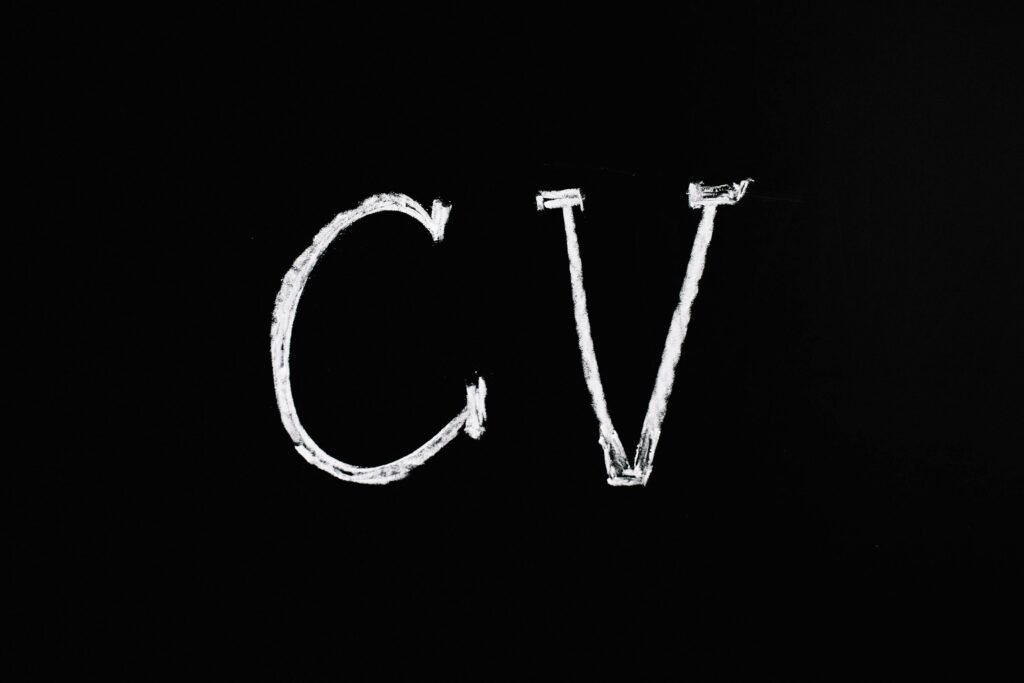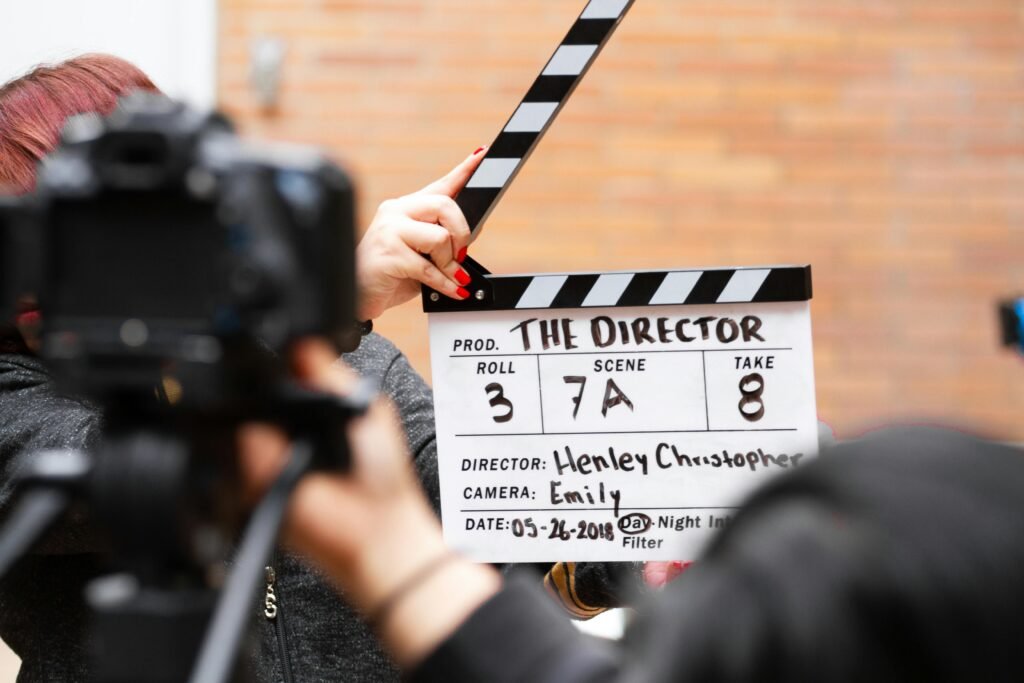How to Write a CV Without Any Work Experience

Writing your first CV after graduation can feel intimidating — especially when you don’t have formal job experience. But here’s the truth: recruiters understand that every professional starts somewhere. What matters most is how well you highlight your education, transferable skills, and potential.
Even without years of experience, you can still write a powerful CV that impresses employers and scholarship committees alike. Here’s how.
1. Start with a Strong Personal Profile
Your personal profile (also called a summary) sits at the top of your CV and gives recruiters a quick idea of who you are.
Write 3–4 concise sentences that describe your field, key strengths, and career goals. For example:
“Motivated psychology graduate with strong research and data analysis skills, seeking an entry-level research role where I can apply my academic training and contribute to evidence-based projects.”
This section sets the tone and makes your CV feel focused — even if your work history is limited.
2. Highlight Your Education Strategically
When you don’t have professional experience, your education becomes your strongest asset. Include:
- Degree title and university name
- Graduation year
- Relevant modules or projects
- Academic achievements or awards
If you completed a dissertation or capstone project, summarize it briefly under this section. This helps show your ability to manage independent research, analyze information, and meet deadlines.
3. Emphasize Transferable Skills
Even without paid experience, you’ve built valuable skills through coursework, internships, volunteering, or extracurricular activities.
Use bullet points to highlight skills like:
- Communication and teamwork
- Critical thinking and problem-solving
- Project management and leadership
- Research, data analysis, or presentation
For instance:
“Collaborated in a 4-person team to design and present a marketing strategy to a panel of industry professionals.”
Such examples show employers that you can apply academic learning in practical settings.
4. Include Relevant Academic and Personal Projects
Think of your coursework, group assignments, and side projects as professional experience in disguise. You can create a “Projects” section to showcase them.
Example:
Project: Market Research Report – University of Glasgow
- Conducted a 6-week study on digital consumer behavior using SPSS.
- Compiled findings into a 25-page report presented to faculty reviewers.
These entries demonstrate initiative and technical competence — qualities employers notice immediately.
For more ideas on how to use your academic work to boost your online presence, check out How to Turn Your Coursework into Impressive LinkedIn Portfolio Posts.
5. Add Internships, Volunteering, or Part-Time Roles
Even short-term experiences count. Internships, volunteer work, and campus roles can show responsibility and skill development.
List them in reverse chronological order and use action verbs such as led, organized, analysed, or coordinated. For example:
“Organized a university charity campaign that raised £2,000 to support student mental health services.”
These details prove that you’re proactive and engaged beyond the classroom.
6. Tailor Your CV for Each Application
A one-size-fits-all CV rarely works. Instead, adjust your profile and skill sections to match the job or scholarship description.
Use keywords directly from the posting — such as data analysis, leadership, or communication — so your CV passes online application filters and feels relevant to the reviewer.
You can learn more about tailoring applications from the UK National Careers Service CV guide.
7. Keep It Simple and Professional
Finally, your layout matters. Use a clean, one-page design with:
- Clear headings and bullet points
- Consistent font (like Arial or Calibri)
- No photos or unnecessary graphics
Save your CV as a PDF to preserve formatting when sending it out. If you’re applying internationally, always check local CV standards before submission.
FAQs: Writing a Graduate CV with No Work Experience
1. Should I include a cover letter with my CV?
Yes, always. A personalized cover letter allows you to explain your motivation and highlight what makes you a good fit.
2. How long should my graduate CV be?
One page is ideal for recent graduates. Two pages are acceptable only if you have extensive project or volunteer experience.
3. What if I haven’t done any internships?
Focus on academic projects, research, or leadership roles in student organizations.
4. Can I use my CV for scholarship applications too?
Absolutely. Many scholarship programs require a CV that reflects your academic achievements and leadership potential.
5. Should I include references?
You can write “References available upon request” or include 1–2 referees if requested in the application.
Final Thoughts
Your first CV isn’t about what you lack — it’s about what you can offer. By focusing on education, transferable skills, and meaningful projects, you can stand out even without traditional work experience.
Remember, employers and scholarship panels are not just looking for experience — they’re looking for potential. Present yourself as someone eager to learn, grow, and contribute, and you’ll make a lasting impression.
Check out: How to Choose the Right Major for You



